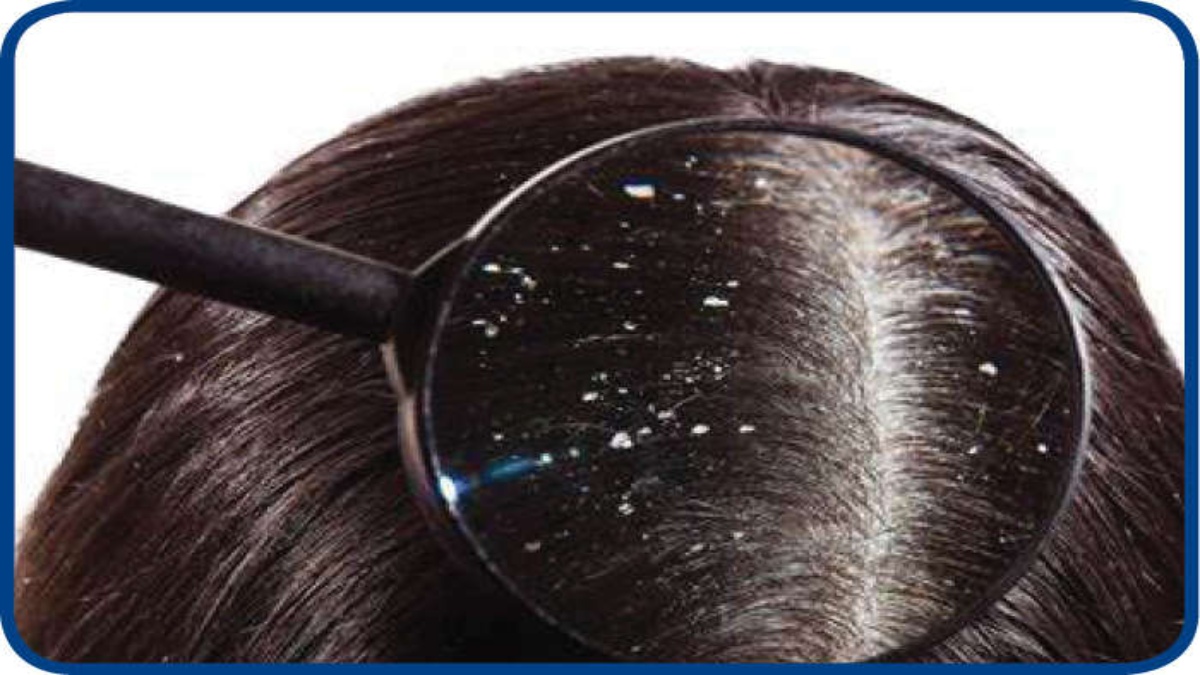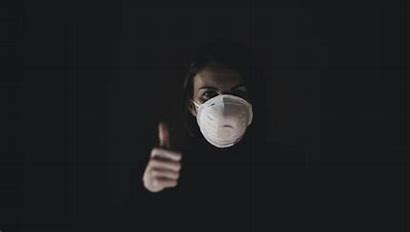Dandruff is a skin condition that is localised on the scalp and can happen occasionally on different areas of the face like the sides of nose, eyebrows, ears and eyelids. The medical name for dandruff is seborrheic dermatitis and consists of small patches of scaly skin. Some FAQs about the condition:
What causes dandruff?
Dandruff is caused by a yeast-like fungus called Malassezia that feeds on the oils on the scalp. The fungus is naturally found on the scalp. Due to increased sebum production, Malassezia tends to feed off the oils, breaking them down into byproducts, one of which is oleic acid. Some people tend to be sensitive to this byproduct and thereby experience dandruff.
Is dandruff caused by poor hygiene?
No, but sometimes infrequent shampooing can make dandruff more apparent. Some hair colour and styling products can also leave behind flaky skin or dry skin on the scalp, which can trigger dandruff.
What triggers dandruff?
Most commonly, the condition is related to stress. However, certain medical conditions like Parkinsonism can predispose the person to dandruff. Certain medications can also trigger stubborn dandruff like the kinds used to treat seizures.
Will shampooing cause more dandruff?
No, shampooing will actually cut down on the amount of oil in the scalp and can improve dandruff.
Does gender affect dandruff?
Yes, both men and women get dandruff but men develop the condition more frequently than women possibly because of the male hormones which play a role in the life cycle of the skin cells on the scalp.
Is dry scalp different from dandruff?
Dry scalp is usually seen in winter and it gets better as summer approaches. However, if one develops dandruff, it must be treated by increasing the humidity of their living environment and moisturising the scalp by applying extra conditioner.
What are the shampoos I can use for dandruff?
Use anti-dandruff shampoos that have ingredients like salicylic acid, selenium sulphide, and zinc parathion. Occasionally, you may use sulphur-based shampoos. Make sure to follow the instructions on the bottle when using anti-dandruff shampoos. Make sure you use the shampoo on the scalp as these ingredients have a tendency to dry the hair shaft. Do not use these shampoos for regular washing of hair.
Can I use coal tar shampoo for stubborn dandruff?
Coal tar shampoos are safe but can discolour or lighten hair colour and turn hair blonde, grey or white. It also makes your scalp sensitive to the sun. It can also be carcinogenic in higher doses.
What are some natural remedies for treating dandruff?
Some research supports using aloe vera, tea tree oil and lemongrass shampoo as they cause less itching on the scalp and reduce scaling.
What should my first approach be if I have dandruff?
Your first approach should be to see a healthcare professional or a dermatologist for evaluation and management because certain skin conditions can mimic dandruff.
How to get rid of dandruff without washing your hair?
One can use dry shampoo on the scalp to get the flakes off. Alternatively, you can use coconut oil, olive oil or neem oil on the scalp to get rid of flakes.
Can I use oil on the scalp if I have dandruff?
Yes, one can but if you are someone who uses a lot of oil, make sure that you are removing it with a gentle shampoo. Otherwise, it could be problematic and lead to persistent dandruff. Do not use heavy or thick oils if you have dandruff as it will use more shampoo to remove the oiliness and lead to drier scalp and hair. Alternatively, one can use mineral oils like baby oil to treat dandruff as it does not contain saturated fatty acids and makes it difficult for the fungus to thrive.
The writer is a well-known dermatologist and cosmetologist working in Noida.













